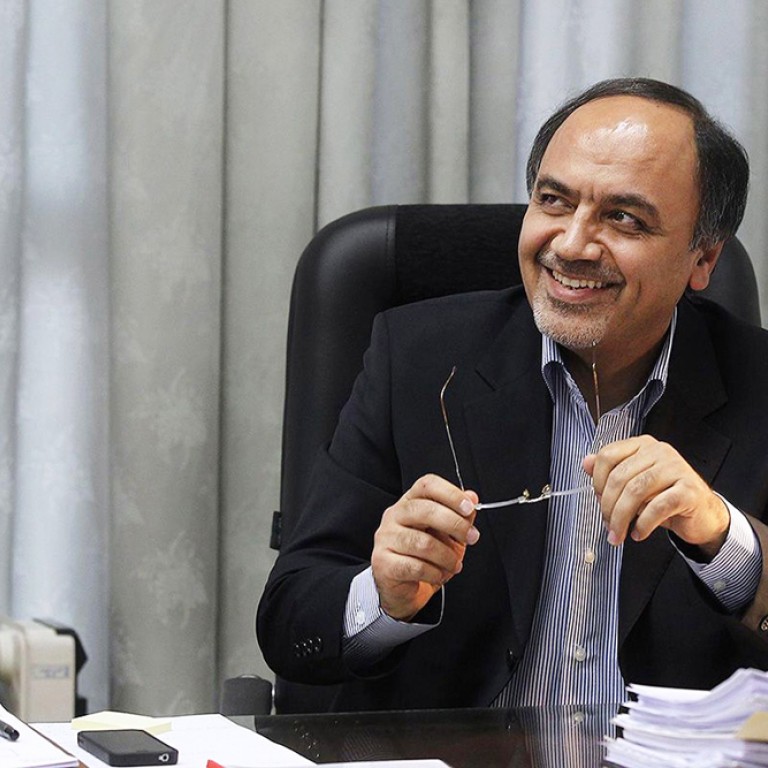
Iran to take up with UN the US' denial of visa for envoy Hamid Aboutalebi
Tehran not backing down on choice of diplomat despite United States' refusal to let him land in New York over role in 1979 embassy siege
Iran yesterday dismissed a US decision to deny a visa to its proposed new envoy to the UN, saying it would take up the case directly with the world body.
"We do not have a replacement for Mr Aboutalebi and we will pursue the matter via legal mechanisms anticipated in the United Nations," said Abbas Araghchi, a senior Foreign Ministry official.
The United States said on Friday it would not grant a visa to Hamid Aboutalebi, citing the envoy's links to the 1979-1981 hostage crisis.
United Nations officials and diplomats expressed concern at the US move. Three UN diplomats and two UN officials said Aboutalebi's case might make way for the US to use its authority more often to influence diplomatic appointments to the UN.
While there are no international mechanisms that require the US to uphold its agreement with the UN over its domestic laws, there is an expectation for Washington to adhere to international accords, said the two UN officials.
They said they saw limited legal footing for the US argument that an incident decades ago still poses a national-security threat.
One of the officials said that if Iran were to file an official complaint to UN Secretary General Ban Ki-moon, he would have to take a forceful stance to prevent this incident from setting a precedent for the US.
The Iranian mission to the UN said it regretted Washington's decision.
"It is a regrettable decision by the US administration, which is in contravention of international law, the obligation of the host country and the inherent right of sovereign member states to designate their representatives to the United Nations," the Iranian mission said.
The standoff over Iran's UN envoy comes amid delicate negotiations over the Islamic Republic's nuclear development programme.
Neither White House spokesman Jay Carney nor the State Department directly put the decision not to give Aboutalebi a visa down to suspicions over his role in 1979, but they noted widespread media reports on his background.
Aboutalebi has said he was not part of the US embassy takeover - in which 52 Americans were held hostage for 444 days - and that he only provided translation services later.
Carney said: "We've communicated with the Iranians at a number of levels and made clear our position on this - and that includes our position that the selection was not viable.
"Our position is that we will not be issuing him a visa."
While the US has previously denied visas for diplomats seeking short-term visits to attend meetings at UN headquarters in New York, UN officials and diplomats said they do not recall Washington barring entry for an envoy appointed to head a mission at the international body.
A senior European diplomat said it was too soon to know whether there would be any organised opposition to the move but the US reasoning for barring Aboutalebi would be carefully scrutinised.
The US and Iran have been inching towards repairing ties broken after the embassy takeover. US President Barack Obama phoned his Iranian counterpart when Hassan Rowhani was in New York last year for the opening of the UN General Assembly. It was the first direct contact between the leaders of the US and Iran in decades.


